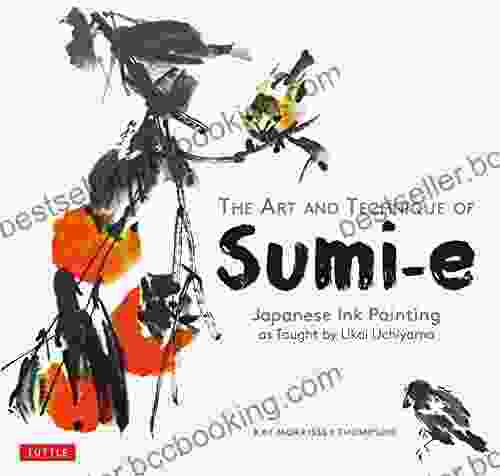Find Inner Peace and Resolve Conflicts with Zen

In a world where conflict seems to be ever-present, finding a way to resolve it peacefully and effectively can be a challenge. The Zen Approach to Conflict Resolution offers a unique and practical approach to managing conflict, drawing from the ancient wisdom of Zen Buddhism.
Understanding the Zen Approach
Zen Buddhism emphasizes the importance of mindfulness, compassion, and non-attachment. These principles form the foundation of the Zen approach to conflict resolution, which seeks to:
4.5 out of 5
| Language | : | English |
| File size | : | 358 KB |
| Text-to-Speech | : | Enabled |
| Screen Reader | : | Supported |
| Enhanced typesetting | : | Enabled |
| X-Ray | : | Enabled |
| Word Wise | : | Enabled |
| Print length | : | 235 pages |
- Cultivate a deep understanding of oneself and others
- Develop empathy and compassion towards all parties involved
- Let go of attachments to outcomes and preconceived notions
- Create a space for open and honest communication
- Seek mutually acceptable solutions that respect the needs of all
Key Principles of Zen Conflict Resolution
The Zen approach to conflict resolution is based on a set of core principles that guide individuals in navigating difficult situations.
1. Mindfulness:
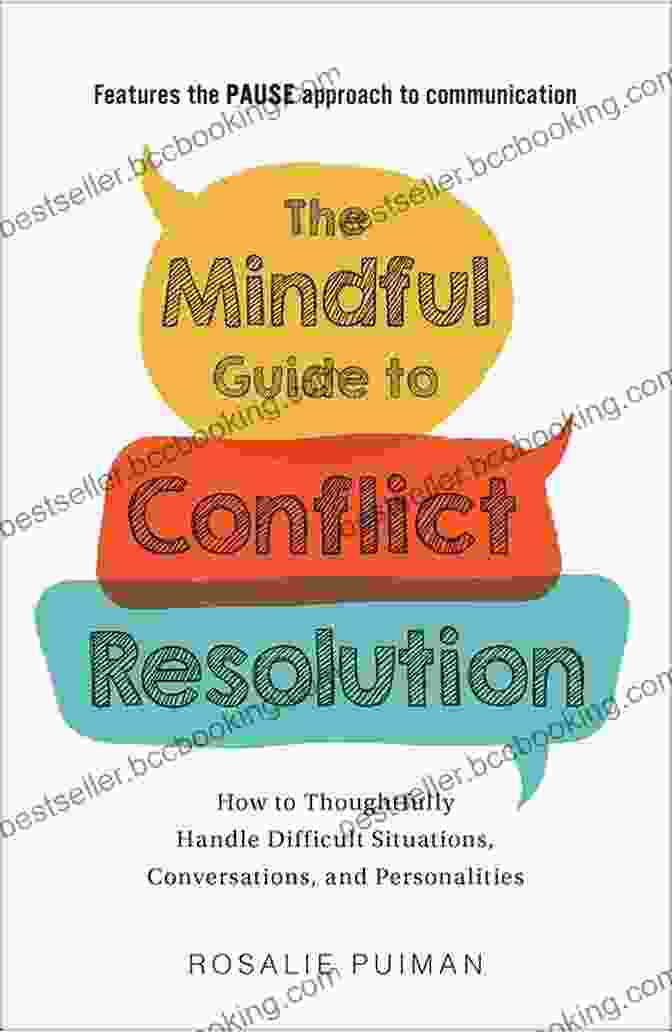
Mindfulness involves being fully present and aware of the thoughts, emotions, and physical sensations that arise during a conflict. By practicing mindfulness, individuals can observe their own reactions without judgment and gain a clearer perspective on the situation.
2. Compassion:
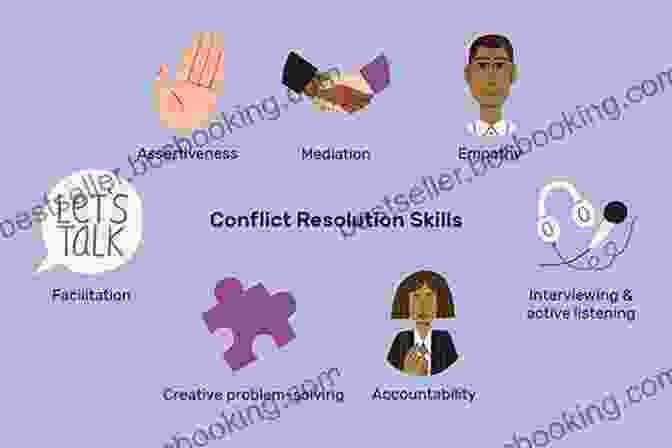
Compassion is the ability to understand and share the feelings of others. In conflict resolution, compassion involves recognizing the suffering and needs of all parties involved, regardless of their role in the disagreement.
3. Non-Attachment:
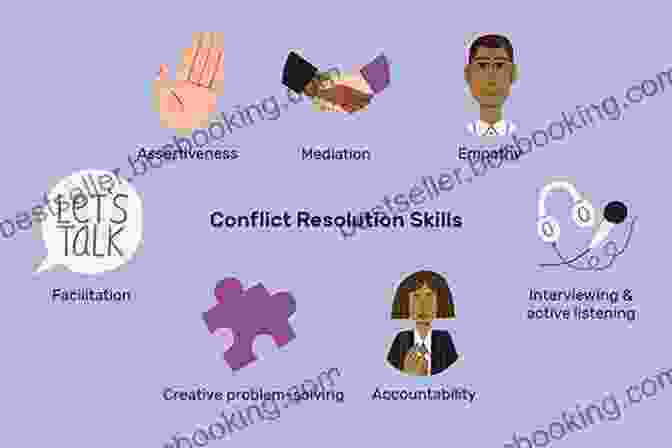
Non-attachment means letting go of desires for a specific outcome or solution. By releasing expectations, individuals can approach conflicts with an open mind and be more receptive to finding mutually acceptable resolutions.
4. Open Communication:

Open communication is essential for resolving conflicts effectively. The Zen approach emphasizes active listening, avoiding blame, and speaking respectfully to foster understanding and collaboration.
5. Seeking Mutual Benefit:

The Zen approach aims to find solutions that benefit all parties involved. This requires seeking common ground, identifying shared interests, and working towards outcomes that are fair and equitable.
Benefits of the Zen Approach
The Zen approach to conflict resolution offers numerous benefits, including:
- Reduced stress and emotional turmoil
- Improved communication and understanding
- Increased empathy and compassion
- More effective and mutually acceptable solutions
- Enhanced relationships and a more harmonious environment
Applying the Zen Approach in Practice
The principles of the Zen approach can be applied to a wide range of conflict situations, both personal and professional.
In personal relationships, the Zen approach can help couples, family members, and friends navigate conflicts with greater understanding, compassion, and respect. It can also be used to resolve conflicts in the workplace, schools, and communities.
In business settings, the Zen approach can foster collaboration, innovation, and effective decision-making. It can help teams resolve conflicts constructively, improve relationships, and achieve shared goals.
The Zen Approach to Conflict Resolution provides a transformative guide for navigating conflicts with mindfulness, compassion, and non-attachment. By embracing these principles, individuals can cultivate inner peace, resolve conflicts effectively, and create a more harmonious and fulfilling life.
Whether you are seeking to improve personal relationships, enhance workplace collaboration, or foster peace in your community, the Zen approach offers a powerful and practical path to conflict resolution.
4.5 out of 5
| Language | : | English |
| File size | : | 358 KB |
| Text-to-Speech | : | Enabled |
| Screen Reader | : | Supported |
| Enhanced typesetting | : | Enabled |
| X-Ray | : | Enabled |
| Word Wise | : | Enabled |
| Print length | : | 235 pages |
Do you want to contribute by writing guest posts on this blog?
Please contact us and send us a resume of previous articles that you have written.
 Book
Book Novel
Novel Page
Page Chapter
Chapter Text
Text Story
Story Genre
Genre Reader
Reader Library
Library Paperback
Paperback E-book
E-book Magazine
Magazine Newspaper
Newspaper Paragraph
Paragraph Sentence
Sentence Bookmark
Bookmark Shelf
Shelf Glossary
Glossary Bibliography
Bibliography Foreword
Foreword Preface
Preface Synopsis
Synopsis Annotation
Annotation Footnote
Footnote Manuscript
Manuscript Scroll
Scroll Codex
Codex Tome
Tome Bestseller
Bestseller Classics
Classics Library card
Library card Narrative
Narrative Biography
Biography Autobiography
Autobiography Memoir
Memoir Reference
Reference Encyclopedia
Encyclopedia Dr Andy Williams
Dr Andy Williams Deema Kaneff
Deema Kaneff Dorothy Kavanaugh
Dorothy Kavanaugh Devereaux Divens
Devereaux Divens Donald N Thompson
Donald N Thompson Drew Kwong
Drew Kwong Donald R Prothero
Donald R Prothero Doug Good Feather
Doug Good Feather Don Flowers
Don Flowers Don White
Don White Dr Sun Yat Sen
Dr Sun Yat Sen Douglas Keesey
Douglas Keesey Dervla Mctiernan
Dervla Mctiernan Donnie Kanter Winokur
Donnie Kanter Winokur Deepak Malhotra
Deepak Malhotra Denise Fenzi
Denise Fenzi Donald H Wolfe
Donald H Wolfe Duncan Campbell Smith
Duncan Campbell Smith Dennis W Magee
Dennis W Magee Dom Joly
Dom Joly
Light bulbAdvertise smarter! Our strategic ad space ensures maximum exposure. Reserve your spot today!

 Jules VerneThe Anatomy of Friendship: A Comprehensive Guide to Building and Maintaining...
Jules VerneThe Anatomy of Friendship: A Comprehensive Guide to Building and Maintaining...
 Avery SimmonsFinancial Insurance Awareness With Current Affairs For Insurance Bank Exams:...
Avery SimmonsFinancial Insurance Awareness With Current Affairs For Insurance Bank Exams:... Diego BlairFollow ·11.8k
Diego BlairFollow ·11.8k Brian WestFollow ·12.3k
Brian WestFollow ·12.3k Boris PasternakFollow ·14.2k
Boris PasternakFollow ·14.2k Jedidiah HayesFollow ·9.6k
Jedidiah HayesFollow ·9.6k George R.R. MartinFollow ·8.9k
George R.R. MartinFollow ·8.9k John Dos PassosFollow ·19k
John Dos PassosFollow ·19k Sean TurnerFollow ·14.3k
Sean TurnerFollow ·14.3k Al FosterFollow ·18.4k
Al FosterFollow ·18.4k

 J.D. Salinger
J.D. SalingerThe Quintessential American Cook: A Culinary Journey with...
Prologue: The Man...
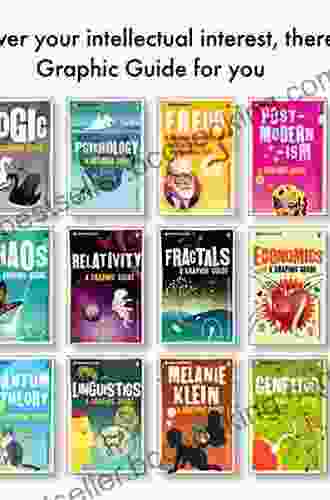
 Franklin Bell
Franklin BellIntroducing Romanticism: A Literary Guide to the Romantic...
Romanticism was a...

 Denzel Hayes
Denzel HayesThe Untold And Inspiring Story Of Eric Liddell Hero Of...
The Olympian Who Defied...

 Oscar Wilde
Oscar WildeDiscover the Enchanting Adventure of Arthur Woody and the...
Immerse Yourself in a World of Mystery,...

 Fernando Bell
Fernando BellAlibaba: The House That Jack Ma Built
The Rise of the Chinese E-Commerce Giant ...

 Leo Tolstoy
Leo TolstoyCrossing Continents: A History of Standard Chartered Bank
By John M. Smith Crossing...
4.5 out of 5
| Language | : | English |
| File size | : | 358 KB |
| Text-to-Speech | : | Enabled |
| Screen Reader | : | Supported |
| Enhanced typesetting | : | Enabled |
| X-Ray | : | Enabled |
| Word Wise | : | Enabled |
| Print length | : | 235 pages |



